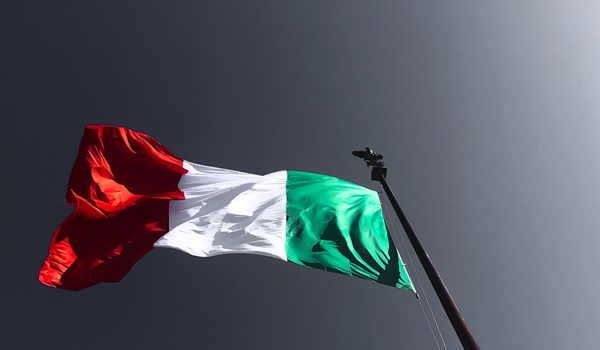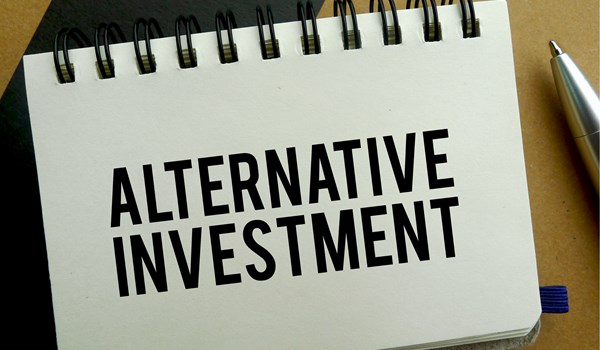Singapore has launched a new fintech center to boost its digital payments, tokenization, digital assets, and artificial intelligence (AI) efforts.
Known as the Global Finance & Technology Network (GFTN), it will incubate startups and catalyze the growth of the country’s fintech sector. It replaces Elevandi, a non-profit set up by the Monetary Authority of Singapore (MAS) to promote the growth of fintech in the Southeast Asian nation. Elevandi was the organizer of the popular Singapore Fintech Festival.
Despite being one of the smaller nations in Asia, Singapore’s fintech sector has been thriving for decades. In 2023, the sector was estimated at $35.2 billion and is projected to hit $63 billion by 2029. According to data from Singapore FinTech, the country accounted for two-thirds of all fintech funding in the ASEAN region.
MAS expects GFTN to boost this thriving sector and allow it to compete with regional leaders like India, the Philippines, and China.
GFTN is part of the second phase of MAS’s fintech growth initiative. In the first phase, the top bank experimented with various technologies, most of which was done in a regulatory sandbox. The participants focused on AI, cross-border payments, digital assets, and tokenization.
GFTN will carry on with the forums that Elevandi has been organizing. It will also offer business advisory services to authorities and governments and develop a suite of digital platform services targeting SMEs and startups. Its capital business arm will invest in fintech firms, while also offering all-around support to help them get to market.
Ravi Menon, a former MAS managing director, will chair the board at GFTN, while the bank’s current chief fintech officer, Sopnendu Mohanty, will be the CEO.
At a press briefing to announce the new center, Menon described GFTN as “Elevandi on steroids.” He believes the new center will “unlock sustainable and inclusive pathways that serve communities around the world while strengthening Singapore’s global connectivity and role as a fintech hub.”
He pledged to support Singaporean innovators in the fintech space and emphasized tokenization as especially vital to the growth of Singapore’s digital economy.
“After years of experimentation, the tokenization of financial assets has reached a tipping point. Billions of dollars of financial assets today are on-chain, but the promise of a tokenized financial system has not materialized yet. This is still a work in progress and experimentation,” he stated.
Tokenization has been a key sector for the MAS. In a speech on November 4 at a side event that preceded this year’s Singapore FinTech Festival, MAS deputy managing director Leong Sing Chiong touted tokenization as the future of finance.
Chiong identified four key pillars for scaling tokenization: enhancing liquidity, developing foundational digital infrastructure, formulating industry standards and regulations, and developing common settlement assets. Regarding the last pillar, MAS believes that a wholesale CBDC would be the ultimate solution and has launched a Singapore Dollar (SGD) Testnet for financial institutions.
“Viewed holistically, we see a possible future architecture of a globally scalable tokenised asset infrastructure that can enable interoperability across commercial networks, while powering tokenised asset transactions seamlessly across borders and markets,” he concluded.
Asia overtakes US, Europe for blockchain developers
In other news, Asia is the world’s top spot for digital asset and blockchain developers, overtaking Europe and the U.S., a new study has found.
Electric Capital, an early-stage venture firm focused on the blockchain sector, conducted the study. It analyzed over 200 million blockchain-related git commits from over 110,000 developers over the past decade.
The study found that Asia now accounts for 32% of all digital asset developers, steadily increasing from 13% in 2015. It eclipsed North America in 2021 and Europe a year later.
Conversely, North America’s share has steadily declined from 44% in 2015 to 24% this year. Europe has been the most dominant, topping the charts from 2016 at 43% to 2022. However, it has since lost the top spot to Asia.
The study revealed that the U.S. is still the world’s largest hub for blockchain developers at 18%. India and the U.K. follow suit at 11.8% and 4.2%.
Maria Shen, a general partner at Electric Capital, notes, “81% of crypto devs live outside the US, shaping the future of digital money. This is a national security issue & innovation drain for the US.”
The study aligns with recent trends, where emerging markets have become the most active in adopting digital assets and blockchain. While the U.S. still dominates speculative trading, these markets have been integrating digital assets into payments, remittances, and blockchain to enhance efficiency, cut costs, and boost transparency.
Additionally, regulators in these jurisdictions have supported blockchain innovation with positive and enabling regulations. Hong Kong, for instance, has implemented vital new laws that have encouraged even traditional finance to explore blockchain applications such as tokenization.



